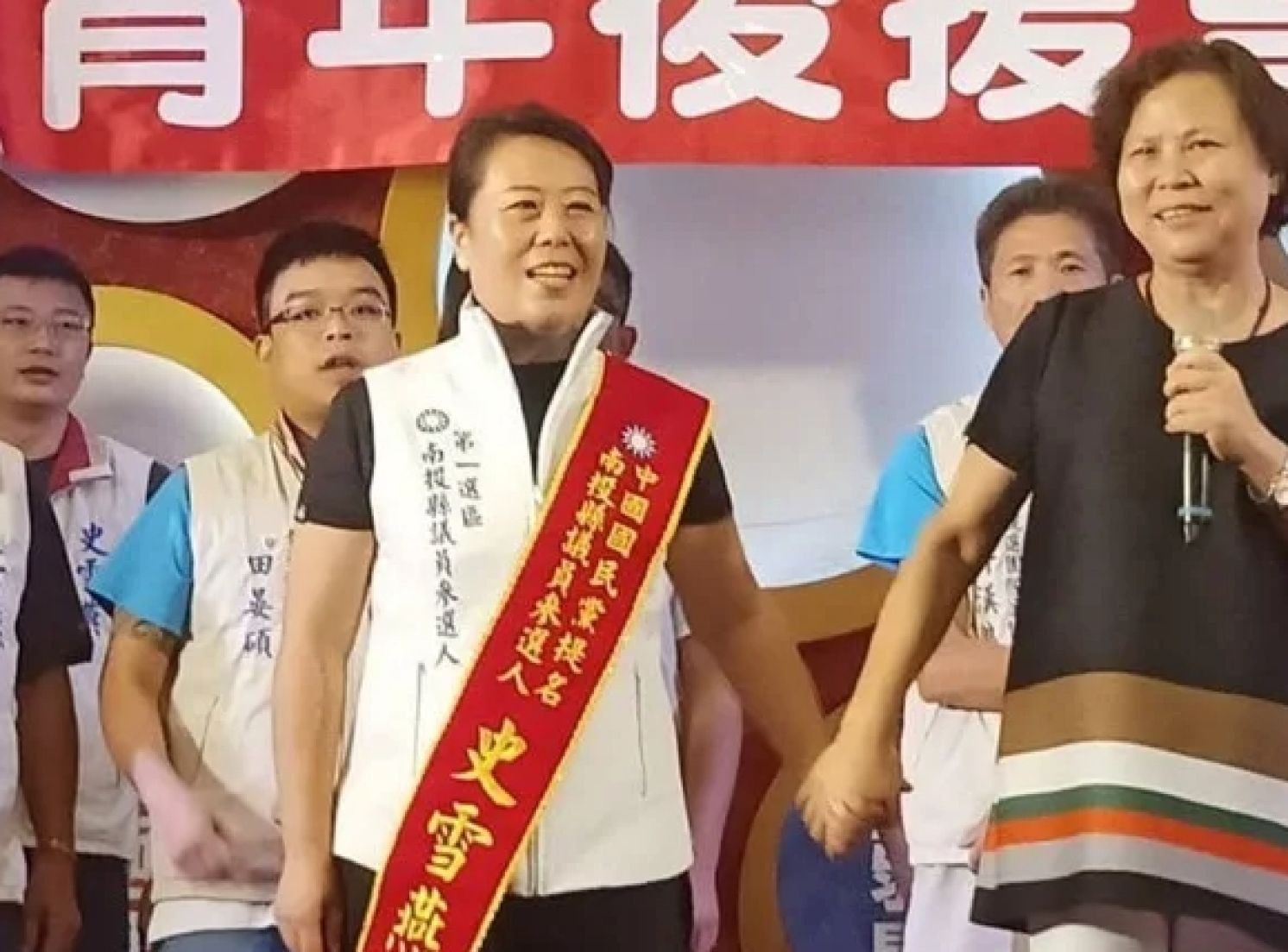
Arbitrarily Dismissing Mainland Spouse from Elected Office: What Else Won't the Lai Administration Do?
United Daily News Editorial, December 20, 2024
The Ministry of the Interior (MOI) dismissed Shi Xueyan, a mainland Chinese spouse who served as member in the Nantou County Council, on the grounds of failing to renounce her original nationality under the Nationality Act. Although Shi was a substitute appointee and has since left office, she was undeniably an elected official. The MOI’s reliance on a highly contentious administrative order to disregard public opinion demonstrates an extreme abuse of authority and poses significant constitutional risks for the future.
MOI dismissal of Shi appears to be a preemptive move to block Li Zhenxiu, a nominee for an at-large legislative seat from the Taiwan People’s Party (TPP) and also a mainland Chinese spouse, from assuming office. Last year, the TPP nominated Xu Chunying, Secretary-General of the Cross-Strait Marriage and Family Service Alliance, for an at-large legislative seat. This sparked debate over whether individuals who obtained Taiwanese (Republic of China) nationality but retain mainland Chinese (People’s Republic of China) nationality must renounce the latter to hold elected office. At the time, the Mainland Affairs Council (MAC) asserted that "nationality" and "household registration" are distinct concepts and that foreign nationals must relinquish other nationalities to hold public office. Xu later declined the nomination, temporarily resolving the issue.
However, the MAC’s position is flawed and contradictory. Neither the Additional Articles of the Constitution nor the Act Governing Relations Between the People of the Taiwan Area and the Mainland Area recognizes mainland China as a "state," and thus does not acknowledge the concept of "nationality" in this context. Practically, individuals from mainland China who acquire ROC nationality cannot renounce their "PRC nationality." Historically, the requirement has been to relinquish mainland household registration rather than nationality, a practice that aligns with constitutional principles and protects political rights.
Shi ran for office in 2018, became a substitute county councilor in 2021, and failed to secure reelection at the end of 2022. Her case has been cited as a precedent for mainland Chinese spouses serving in public office without renouncing nationality. In fact, Shi is not the only one; several others, including village chiefs, hold similar positions. Will the MOI now dismiss all these individuals and demand repayment of salaries? Such actions would effectively strip hundreds of thousands of mainland-born citizens of their political rights.
If the MOI believes its current interpretation is correct, then allowing Shi and other mainland Chinese spouses to hold elected office in the past was a mistake. This would implicate former Ministers of the Interior Xu Guoyong and Lin Youchang in dereliction of duty. Last year, Lin cautiously stated that the issue would be "handled according to the law," avoiding drastic measures. What emboldens current Minister Liu Shih-fang to act more decisively?
Shi’s dismissal effectively enforces a "Two-State theory," aligning with the DPP’s ideological stance but conflicting with the Additional Articles of the Constitution's framework for cross-strait relations. This represents not just an inconsistency in policy but an act of creating law and expanding constitutional interpretation unilaterally.
Was this dismissal an overreach by the MOI or directed by higher authorities? In the current atmosphere of the "total confrontation" created by the administration of President Lai Ching-te, this move seems aimed not just at blocking Li but at eliminating political participation for all mainland Chinese spouses who acquire ROC nationality. It signals that the government is willing to do whatever it takes.
Since this case involves the infringement of citizen rights, it is set to proceed through administrative relief channels. Unless the appeal or administrative court overturns the MOI’s decision, the case may eventually reach the Constitutional Court for resolution. This would escalate the "Shi Xueyan dismissal" into a constitutional-level crisis.
Some scholars argue that the MOI actions aim to institutionalize the "Two-State theory." If this case reaches the Constitutional Court, it could serve as the final piece in that institutionalization. During recent Legislative Yuan hearings for Constitutional Court nominees, candidates avoided commenting on the case. Given the current court's ideological leanings and deference to the DPP, a ruling affirming the "Two-State theory" is not out of the question, potentially exacerbating cross-strait tensions.
By arbitrarily dismissing an elected official, stripping political rights from tens of thousands of mainland Chinese spouses, and flagrantly abusing power for partisan gain, the Lai administration has trampled on constitutional and legal norms. Now is the time for opposition parties to act decisively, requesting a constitutional review of the Shi case to expose the DPP’s manipulation.